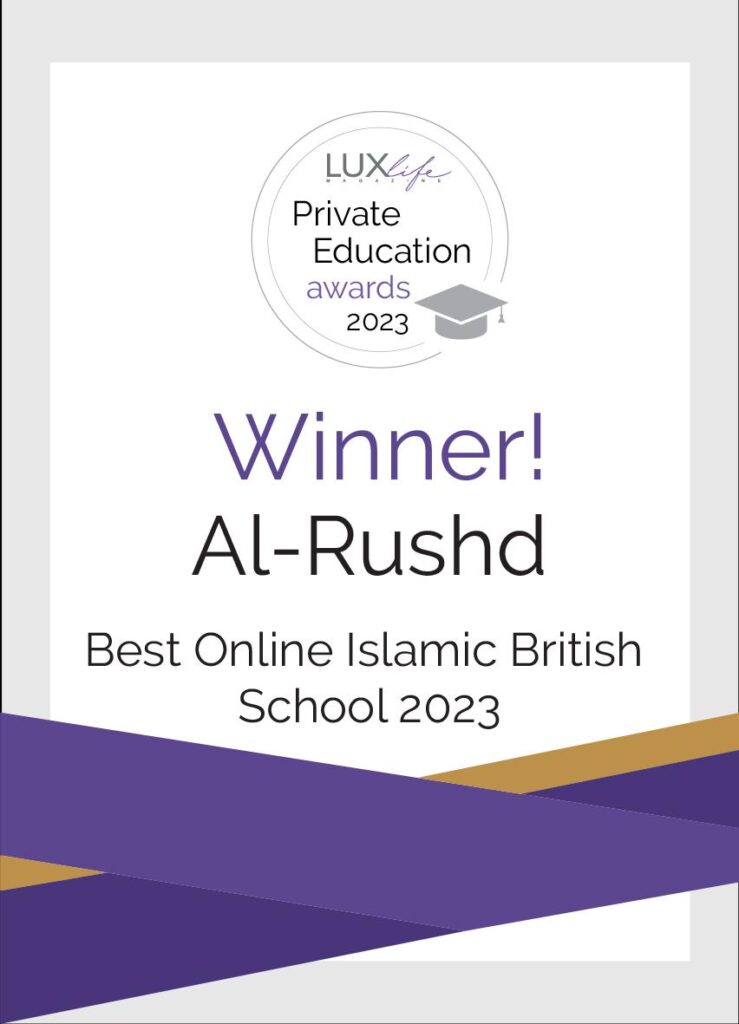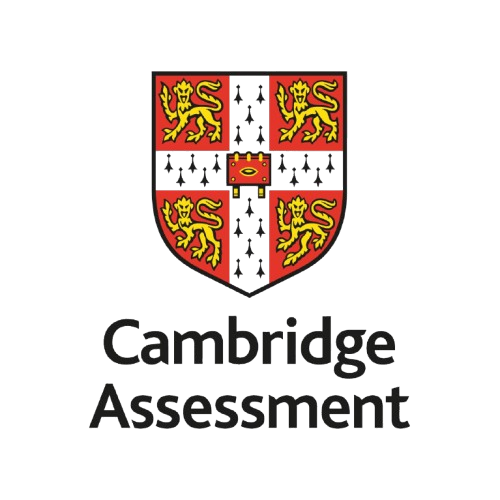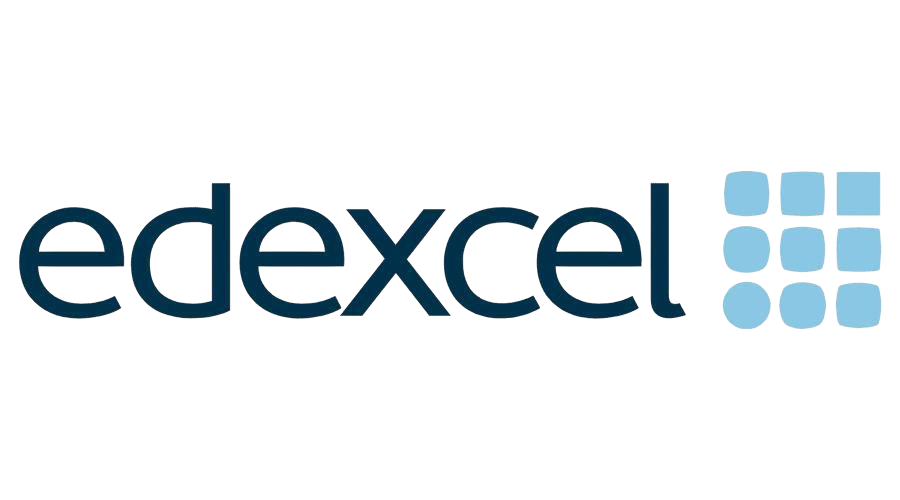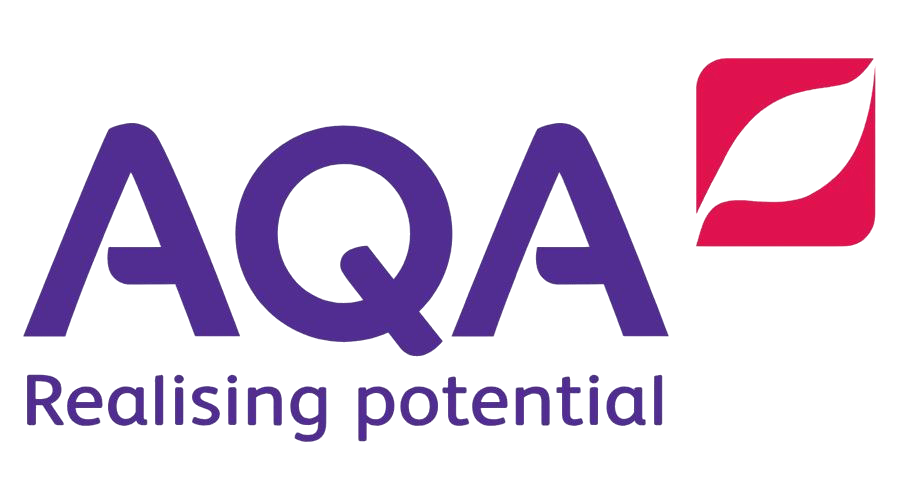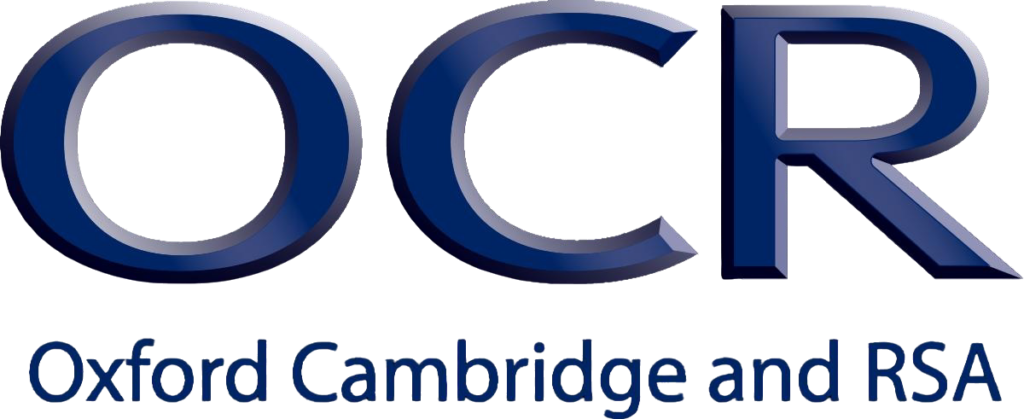Key Stage 4 - English Literature
Secondary school English Literature online
About this course
English Literature
Our course
- promote high standards of language and literacy by equipping our students with a strong command of the spoken and written word
- develop their love of literature through reading for enjoyment across a wide range of styles and genres.
Assessment
Student progress is measured by both formative and summative assessments. Formative assessment takes place regularly and in a variety of formats ranging from group discussion and collaboration, written tasks, quizzes, and presentations. Students complete one summative assessment each half-term in which they are required to demonstrate their skills and understanding in a sustained and independent written or spoken activity.
Course structure
Pupils follow thematic units of work, which are designed to develop all their English skills. Literature is studied alongside and, where appropriate, as part of each unit of work. Whenever possible the pupils’ work is designed for a wider audience than simply the teacher; publication and display are seen as being crucial to developing good writing and effective communicators.
Reading:
We aim to develop an appreciation and love of reading and include a wide range of fiction and non-fiction in our courses from whole books, short stories, poems and plays from a variety of genres, historical periods, forms and authors. Students will study:
English literature, pre-1914 and contemporary, including prose, poetry and drama
Shakespeare
Seminal world literature
Writing:
In their written work, students are supported to write accurately, fluently, effectively and at length, for a range of purposes and audiences, including:
Essays
Stories, scripts, poetry and other imaginative writing
Notes and scripts for talks and presentations
A range of other texts, including arguments, and personal and formal letters.
Grammar and vocabulary:
In KS3, students consolidate their knowledge of the grammar and vocabulary through the following approaches to learning.
Analysing more challenging texts
Identifying grammatical features of texts
Acquiring new vocabulary and grammatical tools from literature and texts
Understanding the differences between written and spoken English
Using standard English in written and spoken work
Using linguistic and literary terminology to discuss texts
Speaking:
Students are supported to speak confidently and effectively. They are expected to use standard English confidently in a range of contexts, including classroom discussions, speeches, and presentations.
Example themes
- Genre and narrative: gothic literature
- Characters and archetype: Sherlock Holmes
- Conflict: war poetry
Key information
Duration
3 years
Delivery method
Online, real-time classrooms, 24/7 access to curriculum
Start date
September and throughout the year
Exam details
No exams
About our fees
We have several fee packages and options, with differing levels of commitment to suit most circumstances. In most cases parents have the option to pay in instalments, spreading the cost of the investment.
Payment options
Vat Only 8.5%
Display fees with VAT
Display fees without VAT
Middle School
Annual Contract - 2024/25- Save 36% when you commit to a year and split the cost with a direct debit. Sibling discount available. Find out more
- £100 one-off registration fee
- £350 per additional subject - 15 extra to choose from
- £500 deposit for UK students (£1000 outside of UK)
- £50 Technology integration fee (yearly)
Middle School
Annual Contract - 2024/25- Save 36% when you commit to a year and split the cost with a direct debit. Sibling discount available. Find out more
- £100 one-off registration fee
- £350 per additional subject - 15 extra to choose from
- £500 deposit for UK students (£1000 outside of UK)
- £50 Technology integration fee (yearly)






